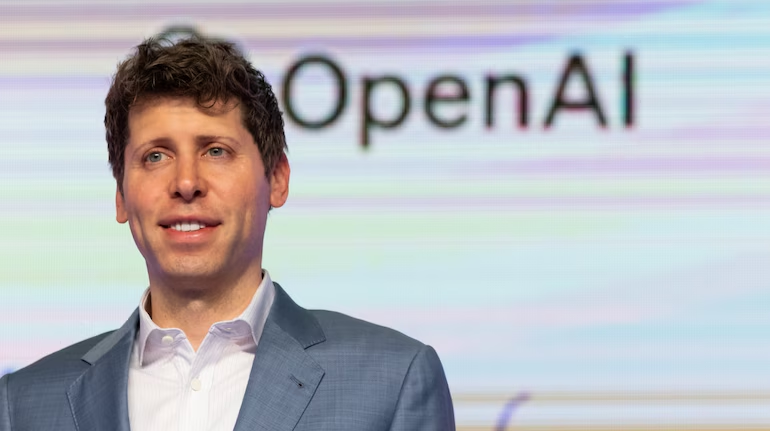The International Telecommunication Union (ITU) has stated that achieving universal, meaningful Internet connectivity by 2030 could require an investment of USD 2.6 trillion to USD 2.8 trillion at current prices.
According to the Connecting Humanity Action Blueprint released by the International Telecommunication Union (ITU) and the Communications, Space & Technology Commission (CST) of the Kingdom of Saudi Arabia, the largest investment component of $1.5 trillion – $1.7 trillion is required for hard infrastructure, alongside substantial funding for human and institutional capacity, mainly in developing countries.
Doreen Bogdan-Martin, Secretary-General, ITU noted, “Digital connectivity means creating opportunities for education, jobs, and access to essential services that can transform lives and communities. While significant resources are needed to meaningfully connect everyone, these are investments that will contribute to a prosperous digital future for all.”
Also Read:
- MTN Restores Internet Services After Two Day Network Outage
- Orange Telecommunications Post Impressive H1 2025 Results Driven by Africa, Middle East Operations
- ‘Connections, Collections’: Issues Arising from the Imposition of Excise Duties on…
- ITU and WATRA Partner to Boost ICT Infrastructure Mapping in West Africa
“The world needs between USD 2.6 trillion and USD 2.8 trillion to connect humanity by 2030. This figure is nearly five times higher than the last assessment conducted in 2020 in partnership with ITU during the Saudi chairmanship of the G20. Such a dramatic increase underscores the urgency for international cooperation, collective investment, and the sharing of expertise if we are to achieve the vision of universal, meaningful connectivity for all.” H.E. Eng. Haytham AlOhali, Acting Governor, CST noted
Global Digital Exclusion
ITU estimates that 2.6 billion people are still excluded from the digital world, with connectivity closely linked to levels of socio-economic development.
In 2024, an estimated 93 per cent of the population in high-income countries was using the Internet, compared to just 27 per cent in low-income countries.
Key costs highlighted in the 2025 report include:
- Digital infrastructure – $1.5 trillion – $1.7 trillion is needed for expanding broadband networks to underserved populations represents the single largest cost. The report estimates the costs of deploying fibre networks in and around urban areas, 4G fixed wireless in rural regions, and satellites in the most remote locations.
- Affordability – $983 billion is needed to reduce the cost of smartphones and broadband services — both fixed and mobile — is vital so that individuals and households worldwide, particularly in lower-income regions, can afford to connect and stay online.
- Digital skills – $152 billion is needed to fund large-scale digital literacy initiatives can empower individuals to access online education, secure better jobs, and actively participate in a digitally-driven society.
- Policy and regulation – $600 million is needed for modernizing regulations and creating predictable policy environments worldwide are essential to unlock efficiencies and promote innovation. While this represents the smallest cost component, it holds back digital transformation and sustains the other gaps. The impact of closing it would be massive.
Need For Public-private collaboration Model
To address global connectivity challenges like financing barriers, limited technical expertise, and unreliable infrastructure, ITU calls for innovative business approaches and renewed collaboration between governments, the tech industry, development finance institutions, and civil society, to close current divides and prevent future ones, particularly in fields like artificial intelligence (AI).
The report concludes with recommendations to accelerate digital inclusion worldwide, including using schools as gateways to Internet access, investing in energy infrastructure in Africa, and enhancing data collection at the sub-national level.
























